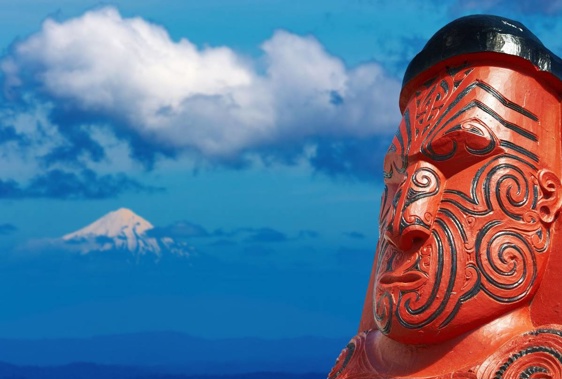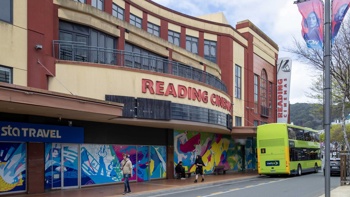
COMMENT:
It's bittersweet for me, this Māori Language Week.
Sweet, because I can proudly measure my own small progress from last year. Then, I could count, sing the colour song and ask roughly three questions in te reo. This year, I can make small talk about your day. Badly.
Some weeks, learning te reo is hard. There's already enough to do without also trying to fit in your mahi kāinga. Your homework. It's frustrating when a sentence sits perfectly formed in your head, but when you try to speak it, it breaks up into ums and ahs and rearranges itself into a jumble of disordered words.
But there are small moments that drag you through another week of class. Like when your tutor asks a question and you don't go blank. And then you find you've got the right words to answer.
Turns out one of the greatest feelings in the world is the feeling of being understood.
But this Te Wiki o Te Reo Māori is bitter also. Because I can see that decades still stretch ahead of us before the language is normalised.
The Green Party's call this week for compulsory te reo in schools was never going anywhere. Middle New Zealand isn't ready for it.
Yet, we all know te reo needs support. It won't survive unless it's compulsory in schools. While the number of basic speakers is increasing, the number of fluent speakers is decreasing. So more of us can say kia ora and "mā is white", but fewer of us can gossip in full sentences about the neighbours.
We need more speakers to keep it alive. And we have to keep it alive. Because it's the language of this country. And we — the people in this country — are the only people on the planet who can save it. It's our duty to pass it on to the next generation.
So why the resistance towards compulsory tuition?
Part of it has to be that Kiwis don't value what we don't have. It's like having a cellphone. You never knew how much you needed one until you had one. Now you can't imagine being without it.
A second language is the same. Once you've got a second one, it's hard to imagine ever being limited to just one. But most of us don't know that feeling. At the last census, 81 per cent of Kiwis could speak only one language.
Another reason for the opposition must be a lingering disdain for the Māori culture. Don't tell me I'm imagining it. Don Brash just this week blamed the haka for glorifying domestic violence. His logic was that it's "a war dance and violence — particularly domestic violence — is one of our major headaches in New Zealand".
The dog whistle there — intended or not — is that Māori men hit their partners because the culture is violent.
Surely we've moved past that anachronistic way of viewing Māori culture. The haka is not only a war dance. It's much more. Watch the video of new All Black Te Toiroa Tahuriorangi's family honouring his debut with an emotional haka in the stands. That wasn't violence. That was pride.
If ever there was a government that would be brave enough to force compulsory te reo Māori schooling on the country it would be this one. It is, after all, a government brave enough to demand gender balance across the public sector. Brave enough to attempt justice reform. Led by a woman brave enough to have a pēpi in office.
But not brave enough to back the Greens on the call for compulsory te reo tuition.
He wā roa tonu mā tātou kia tae atu ki reira. It will take us a while to get there.
Take your Radio, Podcasts and Music with you









